For runners, performance isn’t just about miles logged—it’s about how well your body recovers, adapts, and moves. One of the most overlooked yet powerful tools for improving flexibility, reducing injury risk, and boosting recovery is strategic weekly meal prep. Backed by science and biohacking principles, this guide delivers a practical, evidence-based blueprint to fuel your runs, support joint and muscle health, and enhance overall mobility.
Meal prep isn’t just for weight loss or convenience—it’s a performance enhancer. For runners, consistent nutrient timing and quality directly influence inflammation levels, muscle repair, and connective tissue resilience. Studies show that diets rich in antioxidants, omega-3 fatty acids, and key micronutrients like magnesium and vitamin D are linked to improved flexibility and reduced muscle stiffness.
By planning and preparing meals weekly, you eliminate decision fatigue, ensure nutrient consistency, and support long-term adaptations that keep you agile and injury-free.
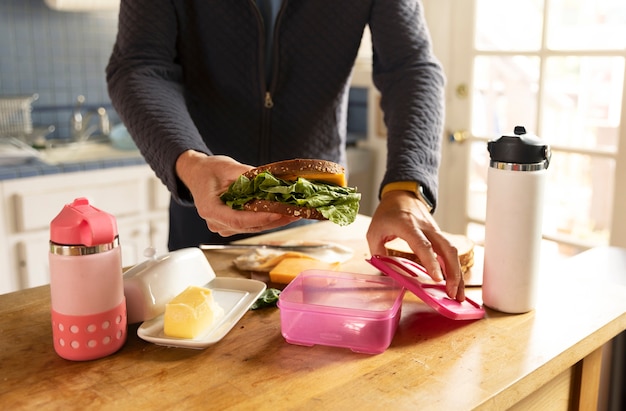
Flexibility isn’t just about stretching—it’s influenced by systemic inflammation, hydration, and tissue elasticity. Here’s what the research highlights:
This routine takes less than 2 hours weekly and focuses on simplicity, repetition, and nutrient density.
Choose 3–4 core recipes that rotate through the week. Focus on:
Use the oven, slow cooker, or Instant Pot to prepare:
Portion meals into containers. Keep dressings and sauces separate to maintain texture. Label with days of the week for easy grab-and-go access.
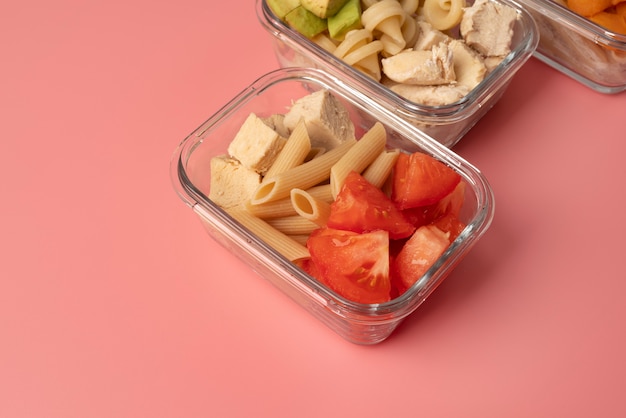
Elevate your meal prep with these science-backed habits:
You don’t need perfection—just consistency. Start with prepping just lunches or dinners for three days. Gradually expand as the habit sticks. Over time, you’ll notice:
Flexibility isn’t just physical—it’s metabolic, nutritional, and habitual. By integrating evidence-based meal prep into your weekly routine, you’re not just eating healthier; you’re biohacking your body’s ability to move, recover, and perform at its peak. For runners, that’s the real edge.
Start small. Stay consistent. Let your meals fuel more than just your runs—let them transform your entire running experience.

Fitness

Fitness

Fitness

Fitness

Wellness
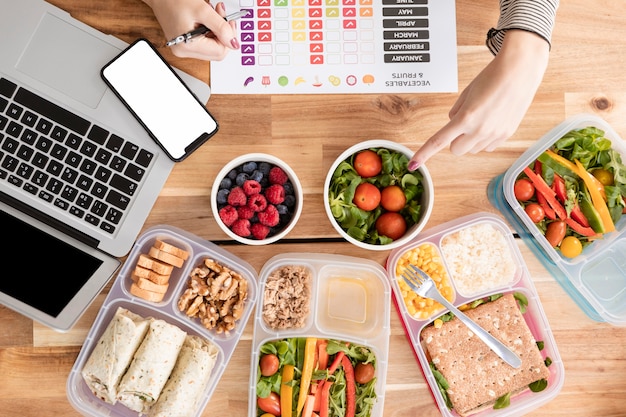
Wellness
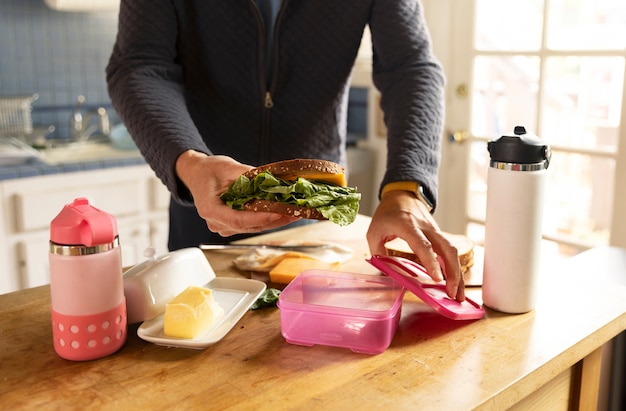
Fitness
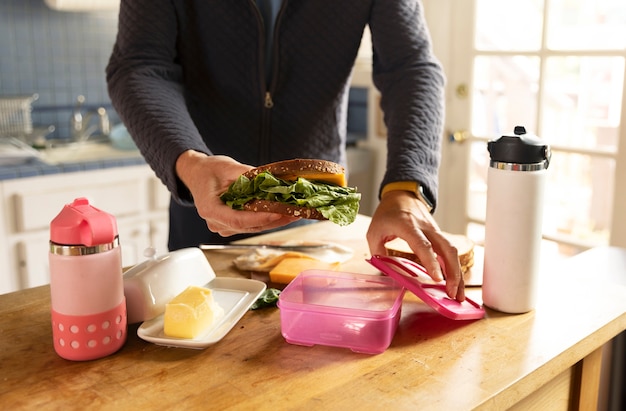
Wellness
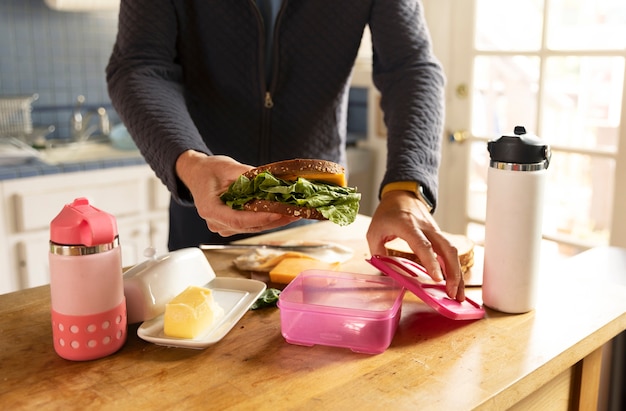
Wellness
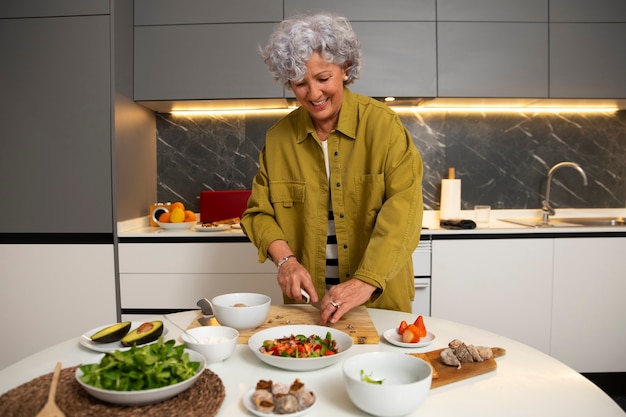
Health
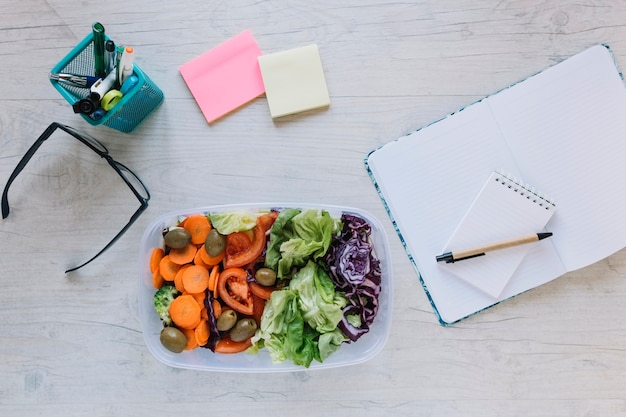
Wellness

Wellness

Health

Fitness

Health

Health